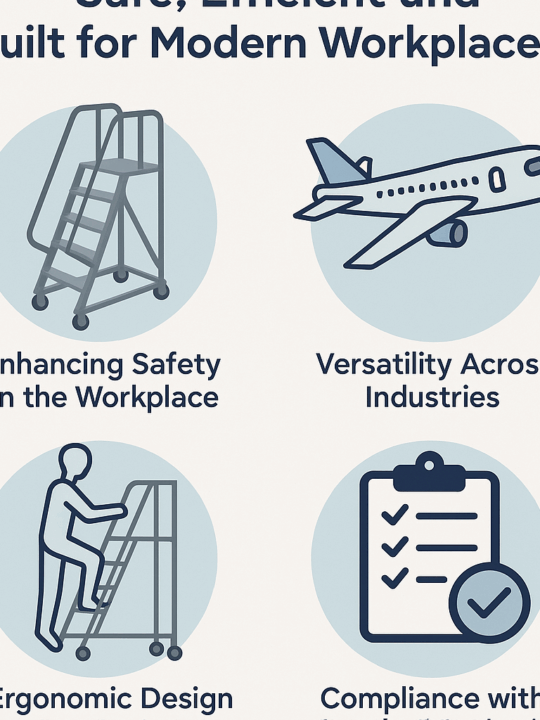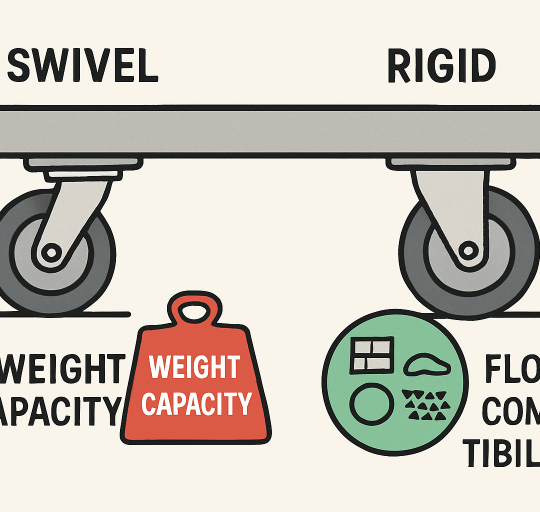 Mergers and acquisitions can be a powerful strategy for driving business growth, whether through market expansion or technological competitive advantages. But a successful M&A program requires careful planning and execution.
Mergers and acquisitions can be a powerful strategy for driving business growth, whether through market expansion or technological competitive advantages. But a successful M&A program requires careful planning and execution.
Negotiators must understand the main drivers of valuation and have a backup plan in case negotiations stall or hit a dead end.
Table of Contents
Due Diligence
Due diligence is pivotal in the M&A (mergers and acquisitions) process. It provides crucial information on the company’s finances, prospects, and legal issues, so you can decide whether to proceed with a transaction.
Commercial due diligence assesses a company’s unique selling point and business plan, while financial, operational, and technology due diligence assesses the overall health of a target. Soft due diligence may also concern itself with employees and customers, as they can resent a takeover that harms their work environment or customer experience.
While due diligence costs money, it’s a small price for a smooth transition and peace of mind. It also protects shareholders by ensuring the initial valuation and letter of intent make sense.
Integration
Today’s M&A landscape is highly competitive and complex. With shifting market dynamics demanding transformative deals and high valuations driving the need for extraordinary synergies, it’s harder than ever to gain a competitive edge.
Having the right advisors on your team is essential for smoothly and expeditiously navigating the process. Whether identifying the best fit for your business or assisting with integrating new acquisitions, M&A Consulting firms can help you make intelligent decisions.
It’s essential to align your M&A goals with your long-term growth strategy. M&A consultants can help you set clear objectives and define a roadmap to get you there.
Operational Assessments
Mergers and acquisitions consultants support businesses through the entire life cycle of a deal. They help businesses find suitable takeover candidates, develop complex spin-off and divestiture plans, and identify synergies that capture the expected value of a merger or acquisition.
They also conduct operational assessments. These assessments involve a detailed look “under the hood” of an organization to uncover areas that are problematic and prone to error. It identifies manual workarounds and lengthy IT enhancement lists, allowing management to prioritize projects for change that will improve efficiency, cost savings, and compliance.
The assessment also identifies inherent risks associated with process design and execution, mitigating them with controls that reduce residual risk to a tolerable level. These assessments are instrumental when a business seeks to expand its operations exponentially.
Change Management
Companies must constantly advance, Whether due to a change in leadership, new technologies, or customer needs. The company may stagnate or lose relevance in the industry without these changes. Moreover, failure to properly implement and communicate change can lead to internal issues like lower quality work, missed deadlines, or external consequences such as losing customers.
A consulting firm can help a business prepare for and execute a change management strategy. It can include creating a detailed change proposal that outlines benefits, impacts, and reasons for the change and identifying primary sponsors, change leaders, and people managers to drive the initiative. It can also include creating a communications plan to ensure that everyone involved is aware of the change and its implications.
Financial Guidance
M&A is often a growth strategy for firms looking to enter new markets, acquire a competitive advantage, or diversify their services. These deals often require premium valuations and rapid financial growth to be successful.
M&A consulting firms can help with this by providing strategic guidance, due diligence support, and post-merger integration planning. It can save businesses time and money while increasing their chances of success.
As a result, the right M&A consulting firm can make all the difference for businesses looking to maximize their potential for success. Choosing an experienced partner who can understand your business needs, support you through the process, and deliver the results you’re looking for will ensure that your strategy delivers impact. It includes everything from finding the right fit to managing complex acquisitions and supporting your strategic growth objectives.







